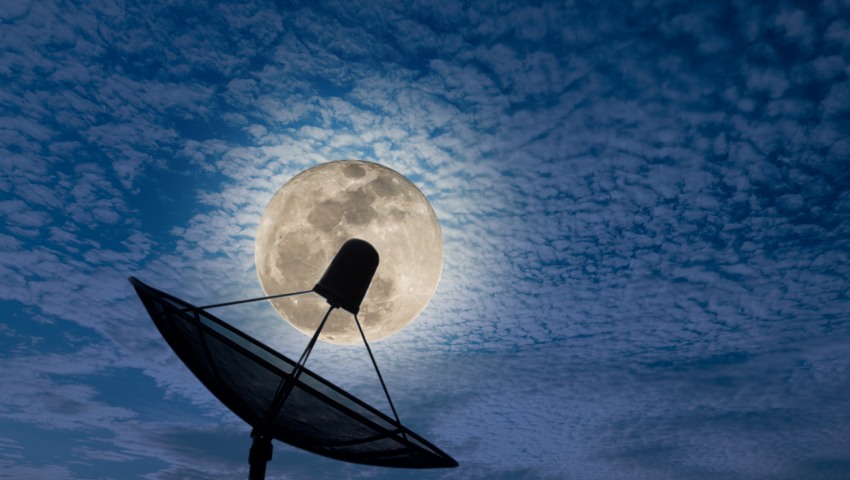International space consulting and market intelligence firm Euroconsult has found that the global space economy totalled some US$370 billion ($515 billion) over 2021, including both private and public expenditure in the industry.
To continue reading the rest of this article, please log in.
Create free account to get unlimited news articles and more!
In its annual Space Economy report, international space consulting and market intelligence firm Euroconsult determined that the global space industry in 2021 totalled an estimated US$370 billion across global space revenues, government procurement and support from government organisations.
According to the findings, the global space market “which includes commercial space revenues and government procurement for their space activities contracted to the private sector” was valued at US$337 billion alone, demonstrating an increase of 6 per cent on 2020.
The primary revenue earners in the global space market remain satellite navigation systems at 50 per cent and communications systems at 41 per cent.
Meanwhile, the report found that “EO still accounts for a marginal 5 per cent of the total value but with a much higher proportion upstream”.
“Satnav has surpassed SATCOM, growing from about 37 per cent of the total revenues in 2016 to over 50 per cent in 2021, largely due to services enabled by GNSS services and their related devices,” it said.
Euroconsult’s findings predict that the global space economy will grow by 74 per cent until 2030, reaching an estimated US$642 billion.
Such growth rates indicate a renewal in the industry’s “strong growth pattern following a 4 per cent decrease in 2020 under the effect of the COVID crisis impact on commercial space services”, Euroconsult found.
Of the space market value chain, service providers generated US$285 billion, while manufacturers and satellite operators generated US$25 billion and US$15 billion, respectively.
The release of the project comes as the company released its Government Space Programs report, which showed that the United States spent US$75 billion on its government space programs, compared with US$450 million in Australia, US$14.3 billion in China, US$3.6 billion in the EU, US$5 billion in Russia and US$5.9 billion in Japan.
Australia ranks just 18th among the G20 countries for government investment in space as a percentage of GDP, a comparable amount to Turkey and far lower than the US, UK or Canada.
The news comes after Space Connect reported last month how a standing committee set up to advise on the development of Australia’s space industry recommended turning the Space Agency into an independent body and increasing its funding.
MPs argued Australia must do more to create sovereign assets after COVID exposed our “reliance on other countries” for vital services.
Chair of the committee, Pat Conaghan, concluded Australia must “position itself to capitalise” on the growing space sector.

 Login
Login







